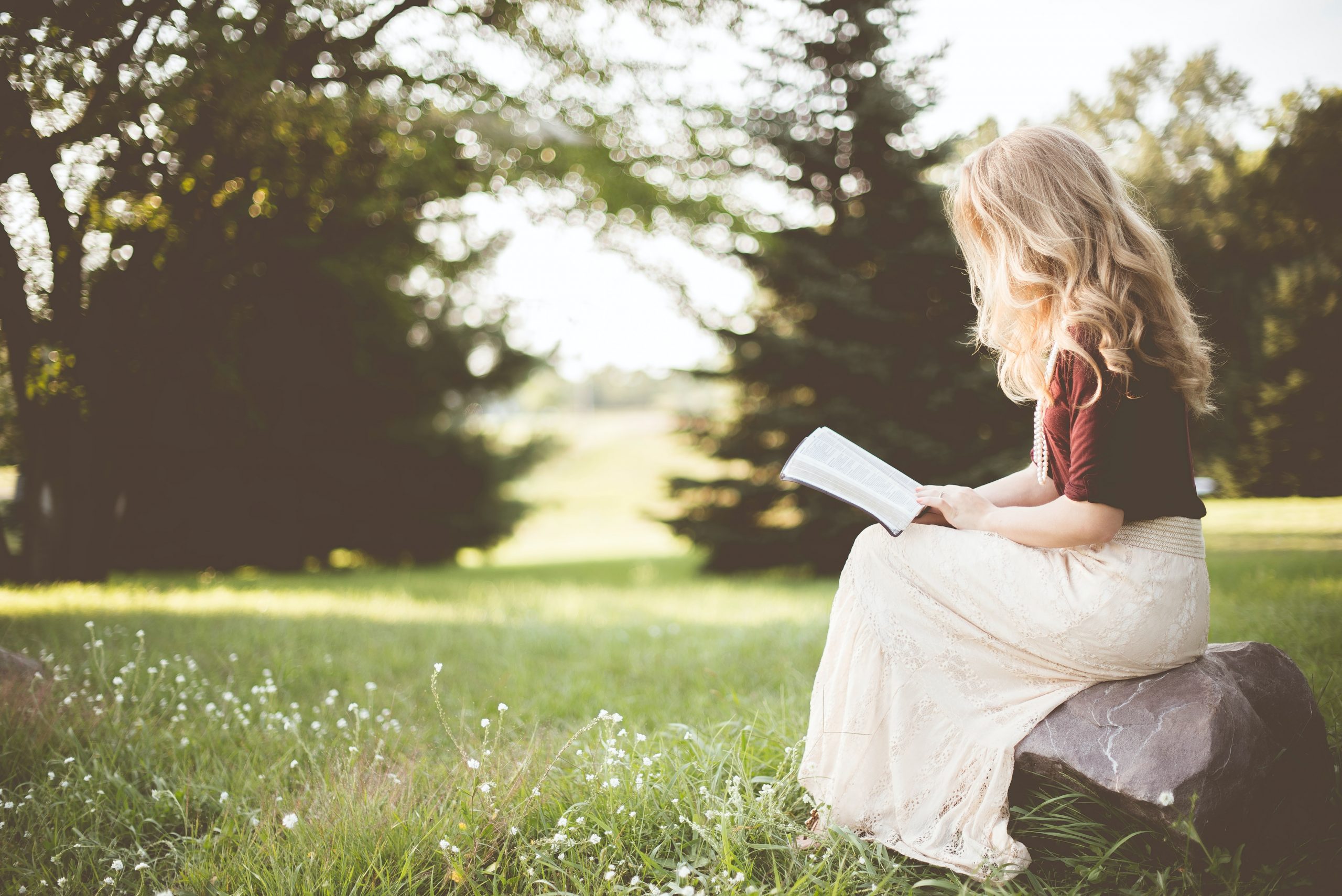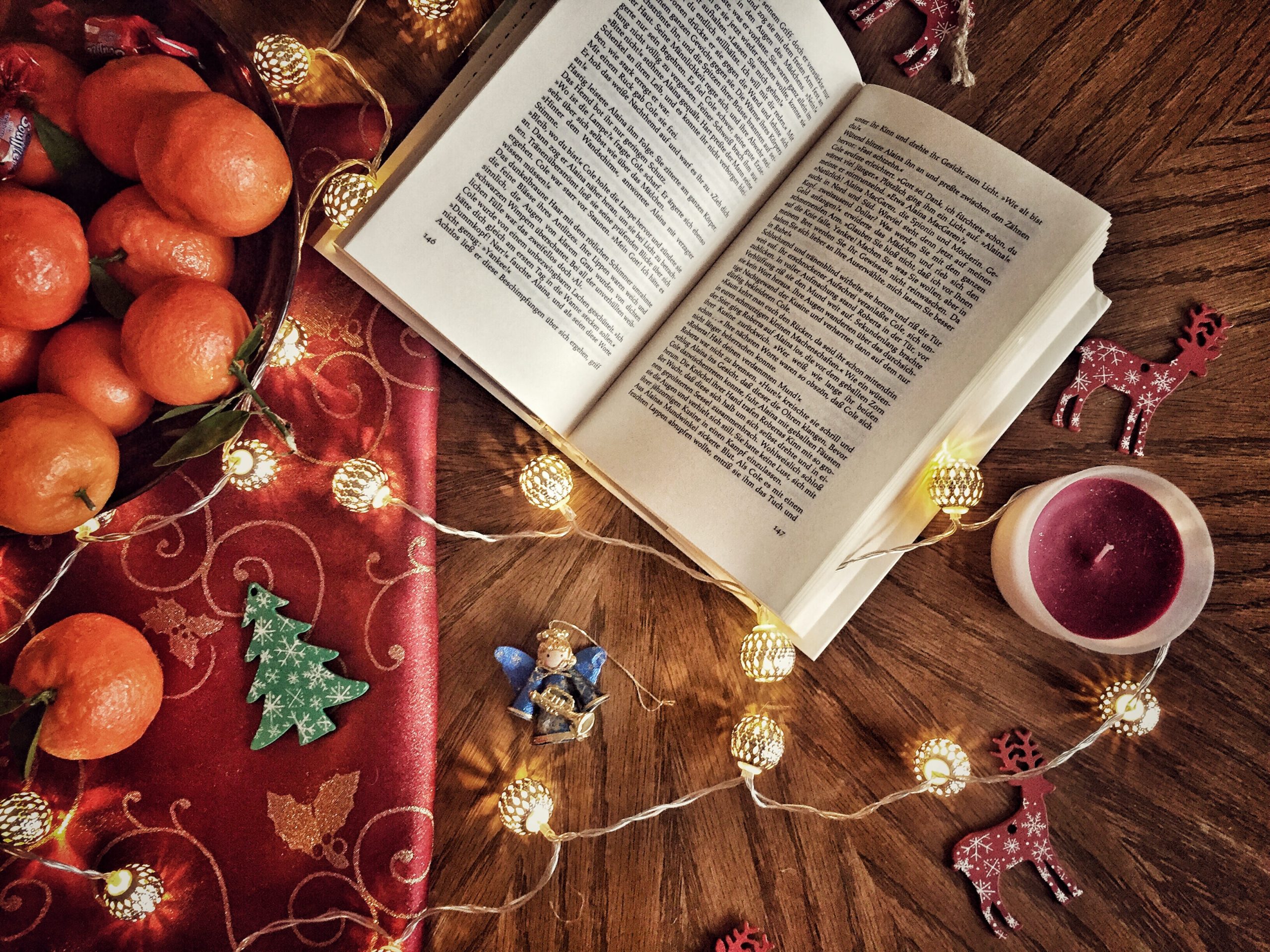In this version of twenty questions, I send a list of questions to a willing victim author and they choose their own interview by picking which questions, and how many questions, they want to answer. Sarah Kennedy’s novel, The Altarpiece, the first in a series about Catherine Havens, a mystery solving nun in the era of Henry Tudor. Here is what Sarah had to say about reading, writing, and developing compassion through novel writing.
Would you give us a bit of introduction and let my readers know who you are, how you got started writing, and what kind of books you like to write?
In addition to being the author of The Altarpiece, the first book in a series of historical novels, I am also a poet, gardener, teacher, and the head of the English Department at Mary Baldwin College. My scholarly background is in the Renaissance. I have a PhD in Renaissance Literature and teach all the good stuff—including Shakespeare, of course! I also have an MFA in Creative Writing, and I also teach both poetry and fiction workshops.
I’ve been a reader since childhood and a writer since my early twenties. I started out as a poet and I’ve published seven books of poems, but I’m also addicted to novels! I began with autobiographical writing, but after a few books I got rather tired of myself and moved on to what interests me in the larger world. I now focus on historical poems and novels. I’m particularly interested in the lives of women and people who are caught in a cultural crisis.
I am often struck by the different ways writers respond to the process of writing a book. Can you share with us any routines, food or recipes, or favorite books or rituals that help you thorough the writing process?
My husband tells me that I have a preternaturally high energy level, and I fear that he may be right about that—I fidget constantly if I am not completely focused! When I was writing poetry most of the time, I would fuss around with a poem for half an hour, then go off and do something else. Sometimes I would think of the exact word I wanted during a class and run down to my office to fiddle with a line between classes.
Writing a novel has made me a different writer entirely, and I honestly can’t explain how this happened. Where I once worked in fits and starts throughout the day, I now have a calmer routine: I do my teaching first (and I love teaching); I work in my garden every day. I try to make a decent homemade dinner for myself and my husband almost every day, with wine and candles, because I like to cook. We sit down together and share our days.
After dinner, I write. It doesn’t matter what else is going on—the TV can be on; the phone can ring. I sit down with the laptop and disappear into my created world until I’m exhausted. Then I close it up and I’m done for the day. I do this almost every day. The only change in this routine comes if I have an event or reading in the evening. Then, I will try to write in the afternoon . . . but it feels odd!
What was it about this the story that made it the one you had to tell at this time? What impact did telling this story have on your life? Did you find that it had changed you?
People have to have stories to make sense of their lives. It’s one of the reasons we crave fiction; we need to shape events in such a way that they conform to our notions of right and wrong, of justice and fairness—and to our notions of the reality of danger and evil.
The story of The Altarpiece was necessary for me because my main character, Catherine Havens, must choose between fundamentally different lives—devotion to her religion or conformity to her government. The choice is especially acute because the options for women were very limited, but we all have to make life-altering decisions. Writing Catherine’s story has really made me think about why people do what they do—and I hope it’s developed compassion in me as well.
What are you reading now? What are some of your favorite books and authors? Has writing your own book changed the way that you read?
I’m currently reading a lot of old James Lee Burke novels, which is a big departure for me. I usually read Hilary Mantel, Philippa Gregory, Tana French—British and Irish writers of historical and crime fiction. I turned to Burke to stretch my imagination, and he has done that. As a novelist, I do read differently now, studying ways that other authors balance description and dialogue, action and reflection, flashbacks, and pacing. Burke, for example, always tells you what characters are wearing, which surprised me.
Many writers say they can’t read in their genre while they’re working on a project, but just the opposite is true for me. I have to read, because I need the energy. It’s like maintaining a good diet when you’re exercising hard. I get hungry for words and sentences!




